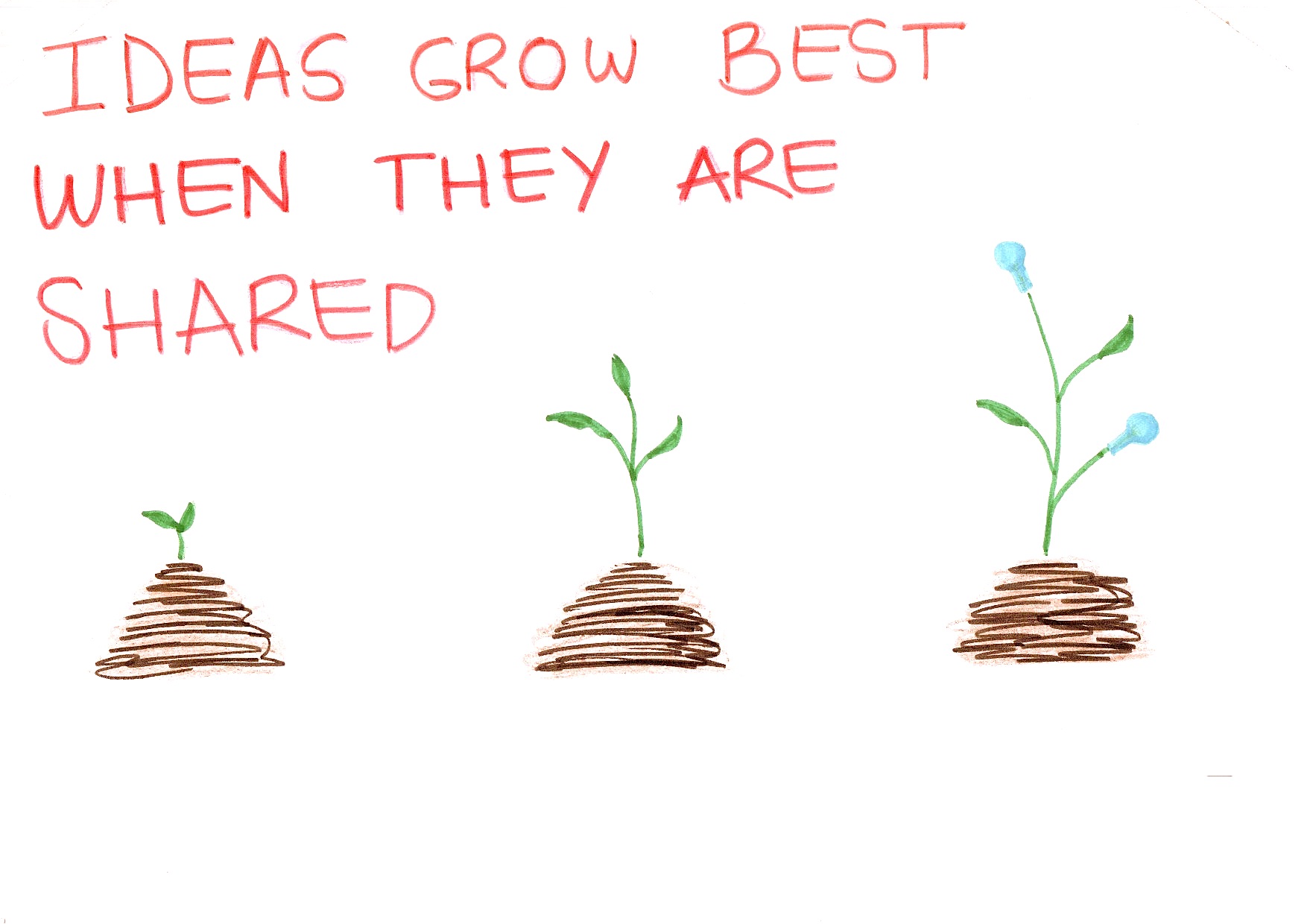H.R.Y.O. Human Rights Youth Organization
is looking for partners for a Key Action 2 – Sector Skills Alliances – LOT1: Skills Needs Identification Project in the framework of ERASMUS+ Programme.
Countries already confirmed: France, Italy, Serbia, Spain, Sweden, Turkey
Countries to be involved: Belgium, Germany, Greece, Hungary, the Netherlands, Portugal, UK
Duration: 36 months
Deadline for candidature: January, the 24th
Summary of the project
 The project “Sharing Educational tools for Enhancing community Development (SEED)” aims at developing and sharing best practices in the field of social inclusion since it involves different organizations and institutional and non-institutional actors which work in this area focusing on the work with the disadvantaged quarters and target groups in their local context.
The project “Sharing Educational tools for Enhancing community Development (SEED)” aims at developing and sharing best practices in the field of social inclusion since it involves different organizations and institutional and non-institutional actors which work in this area focusing on the work with the disadvantaged quarters and target groups in their local context.
The main idea is that each Association working in the social field shares with others its tools for inclusion of sensible targets. On the other hand, institutional and non-institutional actors will present their work such as research and specific intervention strategies.
This project aspire at creating a cooperation between associations and institutional/non institutional actors in order to ameliorate their impact thanks to the use of new tools and methods successfully experimented by the other partners.
There will be 13 partners, 6 of them will be considered direct partners, as organizations which work directly in the disadvantaged communities, and will organize the transnational meeting in their countries hosting the other partners. The other 7 will be considered supporting partners, as universities and social enterprises, because they will not host a meeting in their countries but they will present their research or economic strategy of inclusion during a meeting.
The direct partners have been selected based on their experience in the specific field and the previous positive  experience during different projects. The choice took into account the specialty of each partner in order to create a complete framework including different aspects of inclusion and targets. During the transnational meetings the hosting partner will present its best practice and its main tools and methodology through a direct experience, so each partner will comprehend deeply the approach and its practice.
experience during different projects. The choice took into account the specialty of each partner in order to create a complete framework including different aspects of inclusion and targets. During the transnational meetings the hosting partner will present its best practice and its main tools and methodology through a direct experience, so each partner will comprehend deeply the approach and its practice.
Regarding the supporting partners we decide to include the following countries with mentioned profile:
- Belgium – University
- Germany – University
- Greece – Volunteering association;
- Hungary – Social association
- Netherlands – University
- Portugal – Social enterprise
- Spain – Social enterprise
- UK – Social association
The communication between partners will happen through emails and Skype call to organize and share information about the transnational meetings. During this 3 years long project, five meetings will be organized in each direct partner country so each 6 months a meeting will be held in a different country and two representatives of each partner will participate in order to experiment the single best practice.
The project’s priority is to improve the impact of each association projects thanks to a deeper knowledge of new methodologies, which allows enhancing the performances through the use of different tools.
The most relevant topics addressed are Human rights, mainly related to non formal education as a tool for social inclusion; Social awareness associated to the drama as methodology for socio-cultural integration and empowerment; Education, Health care and skills development linked to a melting pot place; Peace building and Peace education as an instrument for youth policy development, European integration and the implementation of the European standards in social life through a Youth center.
During each transnational meeting all the representatives of these 13 partners will have the opportunity to experience the best practice of the hosting organization and share the research results of an academic study or the analysis of economic strategy of a social enterprise in the field of social inclusion. After each meeting the partners will realize and spread them in their context through a specific activity of implementation and a dissemination seminar. Two weeks after the meeting each association will present an implementation and dissemination plan explaining the activities and the terms of both actions in order to present to the partners the strategy which they want to proceed with.
The intellectual output of the project will be a Guideline book with all the methodologies and tools experienced during the project meetings.
Duties and responsibilities of the partner organization
Once the project will be approved H.R.Y.O will be responsible of for applying for the grant; signing the Grant Agreement once the application is approved; updating the other partners about the process. H.R.Y.O. will chose a project coordinator who will contact the partners and organize the first transnational meeting in Palermo. H.R.Y.O will create for the first transnational meeting a questionnaire, with which all participants will evaluate the experience, the target groups involved and the impact of the best practice itself.
Each organization before the approval of the project will chose a coordinator, who will manage the communication with the other partners and participate to all the transnational meetings. The coordinators will be a link between the organization and the partners and between the project itself and local community.
The coordinating organization, H.R.Y.O, is responsible for applying for the grant; signing the Grant Agreement once the application is approved; updating the other partners about the process; keeping the contact with partners in all phases of the project; organizing the first transnational meeting in Palermo, taking care of the logistic aspects; controlling the budget; being responsible for the visibility, evaluation, dissemination of results of the project; presenting the final report; prosecuting the follow-up projects.
Partners are responsible for preparing the meetings in their countries, keeping the contact with the coordinator and other partners in all phases of the Project; collaborating in the visibility and the dissemination of results of the project; prepare after each meeting an activity plan and a dissemination seminar. They, also, have to find an higher education institution and/or a enterprise which works in the same field of social inclusion.
Each organization of the consortium has to individually complete the sub sections, such as:
- Organization name
- III.2.1 Aims and activities of the organization
- III.2.2 Role of the partner organization in the project
- III.2.3 Operational and technical capacity
Please note that every description has to be completed in the same language (English) as the rest of the application form.
If you are interested in taking part in this project please send the fulfilled Partner Description Form to Senem Kalafat on senem.kalafat@hryo.eu
